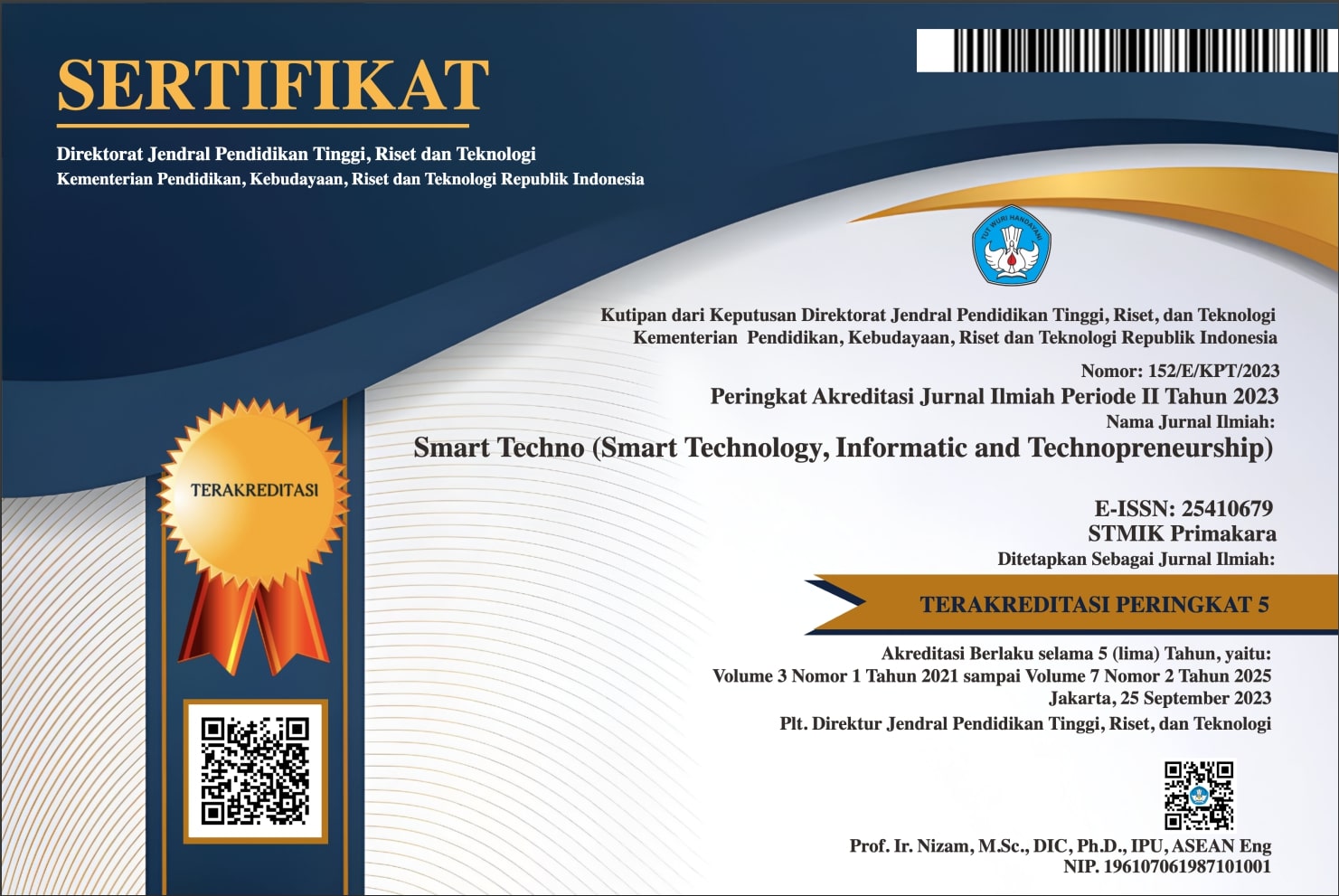Penerapan Sparing Dalam Menunjang Implementasi Smart City Di Kota Denpasar
Abstract
The significant increase in population density has resulted in an increase in the amount of waste and waste generated in cities. The origin of this waste disposal varies, some from factory waste and some from household waste. Factory waste water can cause water pollution, causing the water to become cloudy and smell bad, the water becomes unclean and becomes a breeding ground for disease, the ecosystem around the water is disturbed, and the land around the factory where residents live is polluted by wastewater, so they face problems. disease and many other negative effects. The problem of water contaminated with waste is quite common in Bali, especially in the city of Denpasar. The waste comes from industrial waste and also from tofu factory waste. The solution given is the SPARING system. SPARING is a Continuous and Online Wastewater Quality Monitoring System designed to monitor the quality of wastewater treatment. Based on Internet of Things (IoT) technology, the system can monitor and control waste quality in real time and at low cost.
Downloads
Copyright (c) 2022 Maria Atalya Angelus Leza

This work is licensed under a Creative Commons Attribution 4.0 International License.
Authors who publish with the Smart Techno agree to the following terms:
- Authors retain copyright and grant the journal the right of first publication with the work simultaneously licensed under a Creative Commons Attribution License (CC BY-SA 4.0) that allows others to share the work with an acknowledgment of the work's authorship and initial publication in this journal.
- Authors are able to enter into separate, additional contractual arrangements for the non-exclusive distribution of the journal's published version of the work (e.g., post it to an institutional repository or publish it in a book), with an acknowledgment of its initial publication in this journal.
- Authors are permitted and encouraged to post their work online (e.g., in institutional repositories or on their website) prior to and during the submission process, as it can lead to productive exchanges, as well as earlier and greater citation of published work. (See The Effect of Open Access)







